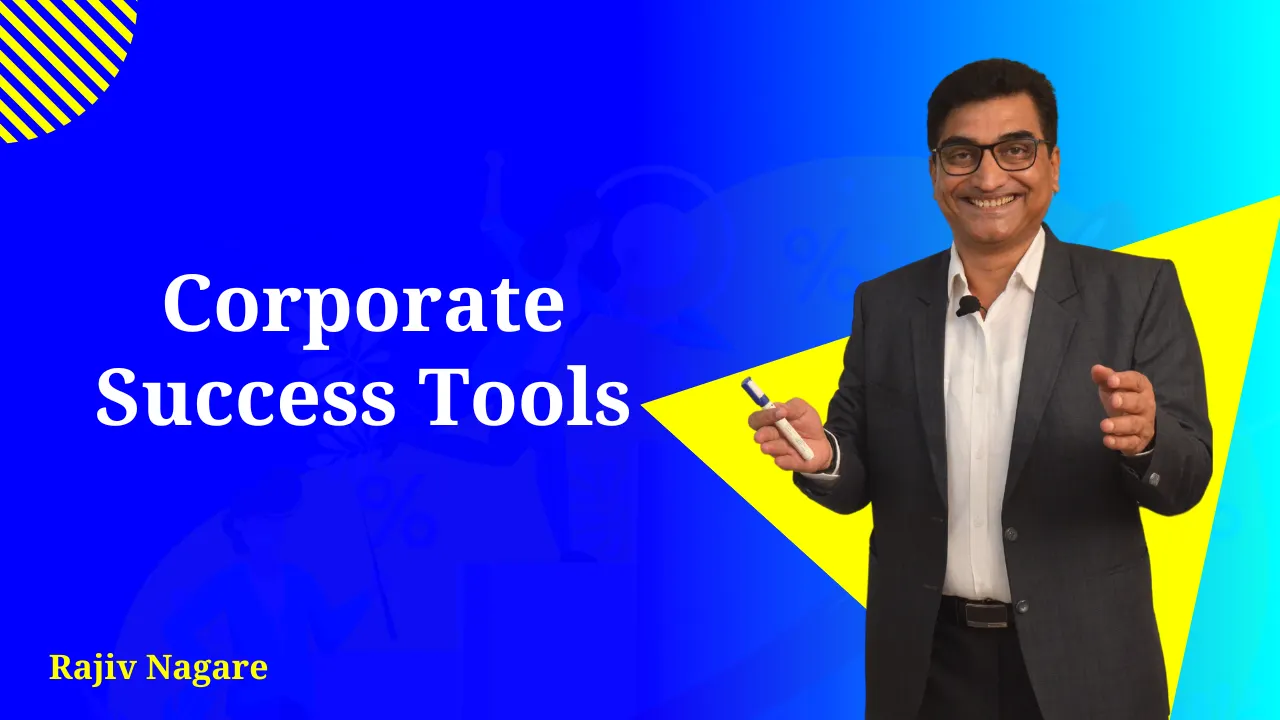What Are the Most Popular Psychometric Tests Used by Companies?
In today’s dynamic workplace, hiring the right talent and nurturing them for long-term success has become more challenging than ever. This is where psychometric tests come in. These scientifically validated tools help companies assess candidates’ personality, skills, and potential beyond what resumes and interviews reveal.

Psychometric tests are not just recruitment tools—they’re instrumental in employee development, team building, and leadership identification. This blog explores the most popular psychometric tests used by companies and highlights how tools like the CareerZilla® SWOT Model enhance the insights from traditional psychometric assessments like the Myers-Briggs Type Indicator (MBTI).
Why Do Companies Use Psychometric Tests?
Psychometric tests help organizations make objective, data-driven decisions when it comes to hiring, team building, and employee development. Here’s why companies rely on these tools:
- Unbiased Assessment: Evaluates skills and traits objectively, reducing human biases in hiring.
- Role Alignment: Matches candidates with roles that align with their strengths and personality.
- Improved Productivity: Builds balanced teams by complementing diverse strengths.
- Leadership Potential: Identifies high-potential employees for future leadership roles.
Categories of Psychometric Tests Commonly Used by Companies
- Personality Assessments: Gauge traits like introversion/extroversion, adaptability, and emotional stability.
- Cognitive Ability Tests: Evaluate problem-solving, logical reasoning, and decision-making.
- Emotional Intelligence Tests: Measure empathy, self-awareness, and relationship management skills.
- Aptitude Tests: Focus on numerical, verbal, and analytical abilities for specific roles.
The Most Popular Psychometric Tests Used by Companies
1. Myers-Briggs Type Indicator (MBTI)
- Overview: One of the most widely used personality assessments that categorizes individuals into 16 personality types.
- Applications: Team building, leadership development, and improving communication.
- Why Companies Use It: Helps managers understand team dynamics and improve collaboration.
2. DISC Personality Assessment
- Focus: Measures behavioral styles—Dominance, Influence, Steadiness, and Compliance.
- Applications: Enhancing workplace communication and tailoring management styles.
3. Hogan Personality Inventory (HPI)
- Focus: Workplace behavior and leadership potential.
- Applications: Identifying candidates for leadership training and succession planning.
4. Emotional Quotient (EQ) Tests
- Importance: Emotional intelligence is critical for client-facing roles and leadership positions.
- Applications: Resolving conflicts, managing stress, and building stronger teams.
5. Situational Judgment Tests (SJTs)
- Purpose: Evaluate decision-making in work-related scenarios.
- Applications: Recruitment for roles requiring problem-solving and customer service skills.
6. SHL Aptitude Tests
- Overview: Covers cognitive and aptitude testing for a range of industries.
- Applications: Pre-employment screening and promotions in technical and managerial roles.
7. Watson-Glaser Critical Thinking Test
- Focus: Measures critical thinking and decision-making abilities.
- Applications: Popular in analytical fields like law and consulting.
8. 16PF (Sixteen Personality Factor Questionnaire)
- Overview: Assesses personality traits related to career performance.
- Applications: Recruitment, career guidance, and employee development.
9. Big Five Personality Test (OCEAN)
- Focus: Analyzes openness, conscientiousness, extraversion, agreeableness, and neuroticism.
- Applications: Building compatible and collaborative teams.
10. Caliper Profile
- Overview: Combines cognitive abilities with personality traits to predict job performance.
- Applications: Identifying potential for success in specific roles.
How the CareerZilla® SWOT Model Enhances the Myers-Briggs Type Indicator (MBTI)
The MBTI is a widely respected tool that categorizes individuals into 16 personality types based on their preferences (e.g., introversion vs. extroversion, thinking vs. feeling). While MBTI is excellent for identifying personality traits, it has limitations in providing actionable career insights or real-world applications.
Why CareerZilla® SWOT Model is Better
- Holistic Analysis: Combines MBTI results with a SWOT framework that considers strengths, weaknesses, opportunities, and threats.
- Career-Focused Insights: Provides career-specific recommendations rather than just personality classifications.
- Real-Time Relevance: Adapts to current industry trends, such as automation risks or emerging career opportunities.
Example:
- MBTI help to identify a career personality
- CareerZilla® SWOT Model goes further by suggesting leadership-focused roles, highlighting emotional intelligence as a development area, and recommending certifications or networking strategies for leadership roles.
Benefits of Psychometric Tests for Companies
- Improved Hiring Accuracy: Identifies candidates with the right mix of personality, skills, and values for the role.
- Customized Employee Development: Tailored training programs based on psychometric insights.
- Enhanced Team Productivity: Builds well-rounded teams by balancing strengths and personalities.
- Future-Proof Leadership: Spots high-potential employees and prepares them for leadership roles.
How to Choose the Right Psychometric Test for Your Organization
- Define Your Objectives: Decide if the test is for recruitment, team building, or employee development.
- Focus on Reliability: Choose validated and standardized tools.
- Align with Business Goals: Ensure the test aligns with organizational values and needs.
- Expert Analysis: Partner with certified professionals to interpret results and provide actionable insights.
FAQs
1. What are psychometric tests used for in companies?
Recruitment, team building, leadership identification, and employee development.
2. Which is the most popular psychometric test globally?
The Myers-Briggs Type Indicator (MBTI).
3. Are psychometric tests reliable?
Yes, if they’re validated and administered by certified professionals.
4. Can psychometric tests replace interviews?
No, but they complement interviews by providing objective insights.
5. What industries use psychometric tests the most?
IT, BFSI, healthcare, consulting, and manufacturing.
Psychometric tests are invaluable tools for companies aiming to make data-driven decisions in recruitment, team building, and leadership development. While traditional tools like MBTI focus on personality traits, advanced frameworks like the CareerZilla® SWOT Model provide a more comprehensive and actionable analysis. By integrating these tools, companies can build strong teams, develop future leaders, and drive organizational success.















